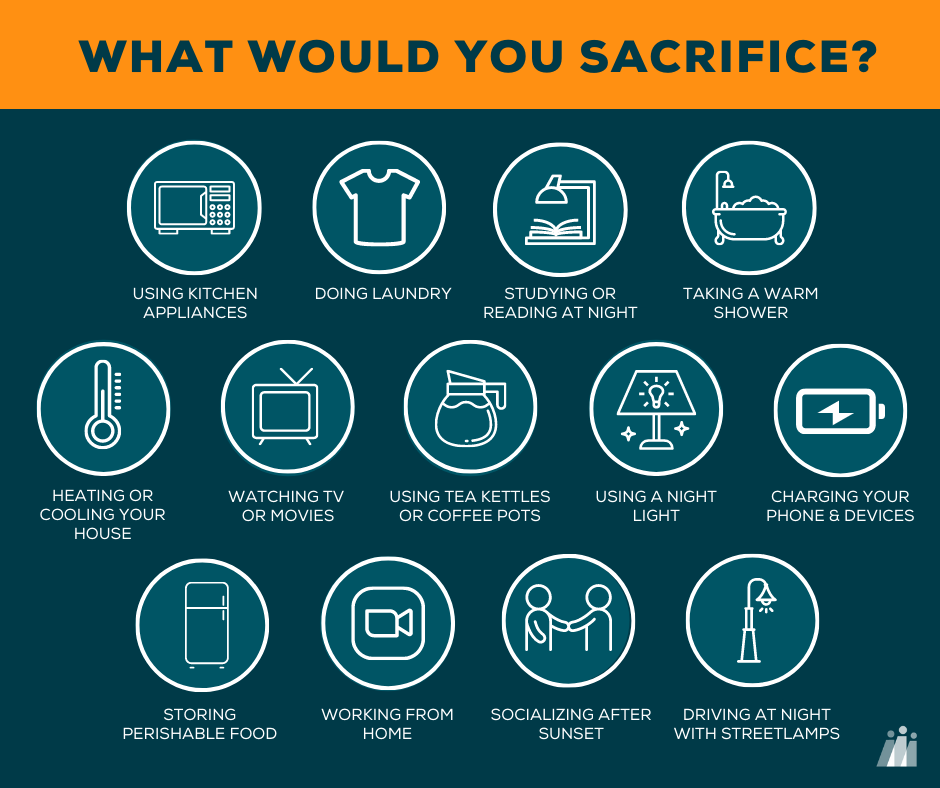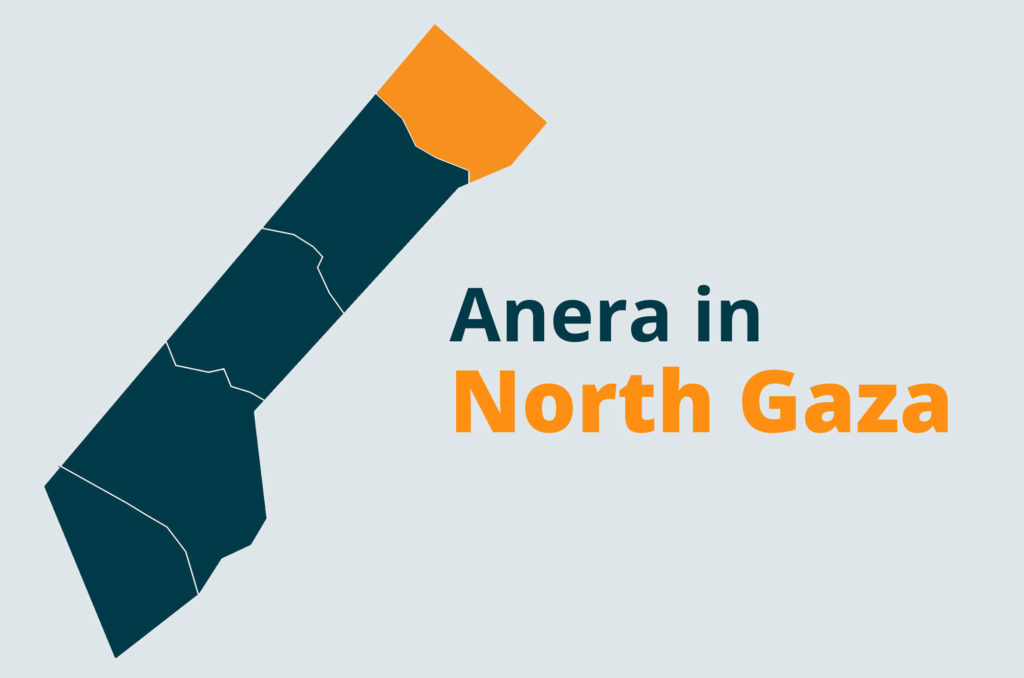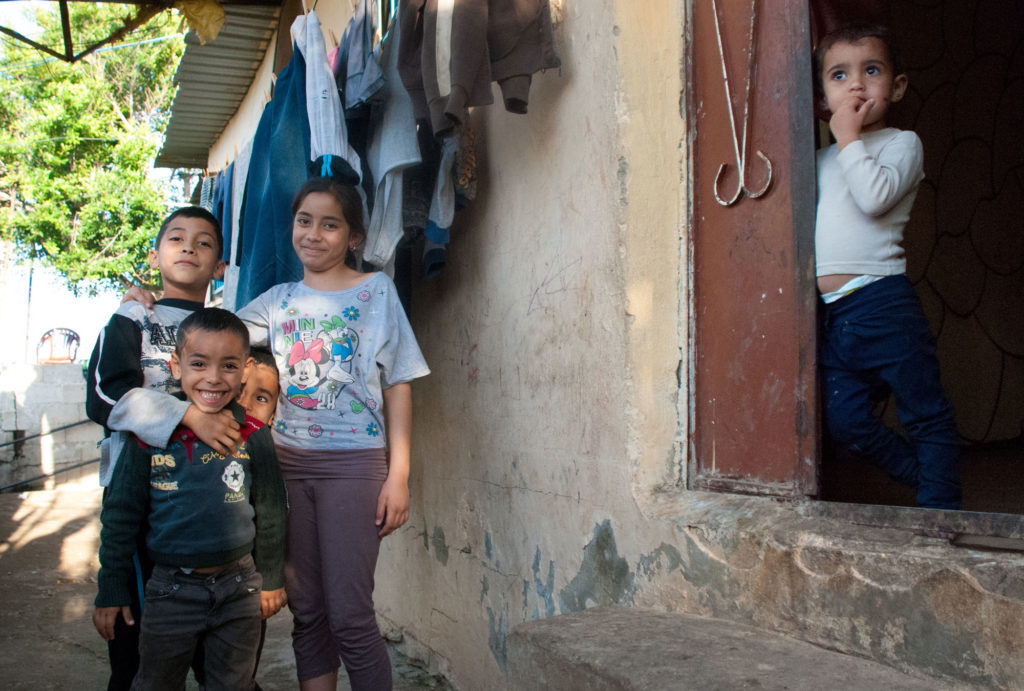LEBANON
Lighting the Way through Lebanon’s Electricity Crisis
Apr, 2022
By investing in solar panels, training students for jobs in the clean energy sector and distributing solar-powered lights to families, Anera is ensuring that, though Lebanon's most vulnerable are without energy, they are not without power.
As lanterns are strung through the streets of Beirut in celebration of the holy month of Ramadan, the glow of the city remains dim. Lebanon’s ongoing electricity crisis has meant that millions across the country will break their fast by candlelight. Unfortunately, this does not come as a shock to the residents of Lebanon. For the three decades since the resolution of the country’s civil war, people living in Lebanon have faced rolling power cuts and regular outages. And the situation has only gotten worse.
Lebanon’s failing national electricity company has accumulated $40 billion of debt and produces less than 20% of the energy required to power the country. Years without investment have caused aging and inefficient state-run power plants to fall into disrepair, significantly reducing the sector’s capacity to absorb the shock of the economic crisis. Now, residents can only rely upon the national electrical grid for one to three hours of power each day.
For the rest of the time, they must turn to profiteering private companies for generators. The rates to use them are exorbitant; driving inequity and forcing Lebanon’s most vulnerable to choose between darkness or debt. These private generator companies – of which there are an estimated 34 to 40,000 – are unregulated by the state. They have been accused of mafia-like behavior: price gouging, claiming turf, and monopolizing fuel sources and power lines. Even still, because of extreme fuel scarcity and the rapid devaluation of the local currency in which they are paid, they often sell electricity at a loss. This means that even this predatory substitute will soon become unsustainable.
In the meantime, paying for even minimal electrical use can cost up to 76% of an average resident’s monthly income. And, due to Lebanon’s historic level of unemployment, that rate only applies to the luckiest of individuals who make a reliable monthly wage. Refugees and impoverished Lebanese nationals may be completely unable to fund the cost of private energy, and even if they could, many live in tented settlements or camps which have no formal connection to the electrical grid. Now, power is a luxury only afforded to few, and at great cost.
Consider all that you do which requires electricity; and what you would sacrifice if you had to fit it all into just two hours a day.


Businesses and organizations also feel the effects of this crisis. Hospitals pay astronomical prices to store temperature-sensitive medicines, keep patients on life-support, and power life-saving machinery. Still, they have had to reduce services and delay non-critical operations at the risk of allowing conditions to worsen.
Public water supply and wastewater treatment centers have had to reduce operations for lack of fuel, leaving millions without access to clean water. Students who cannot access online learning face significant learning loss. Grocery stores and restaurants must find ways to keep perishable food from going bad, threatening to exacerbate food scarcity and increasing the incidence of food poisoning. And, street lamps and traffic lights operate irregularly or not at all, endangering pedestrians and vehicle operators alike.
Until the implementation of a sustainable state-wide solution, Anera will continue supporting Lebanese families and refugees through interventions to help in the short and long term. Our vocational education programs will continue to include courses on solar panels and solar energy system installation. This provides income and job skills to vulnerable and unemployed young people while supporting the clean energy sector. We’ll also include solar installations in a growing number of our projects in Lebanon. For instance, we are currently installing solar panels on a Lebanese blood bank. And, to meet immediate needs, we’re distributing small solar-powered lights and crank lights to refugee families who do not have any power or light source.


